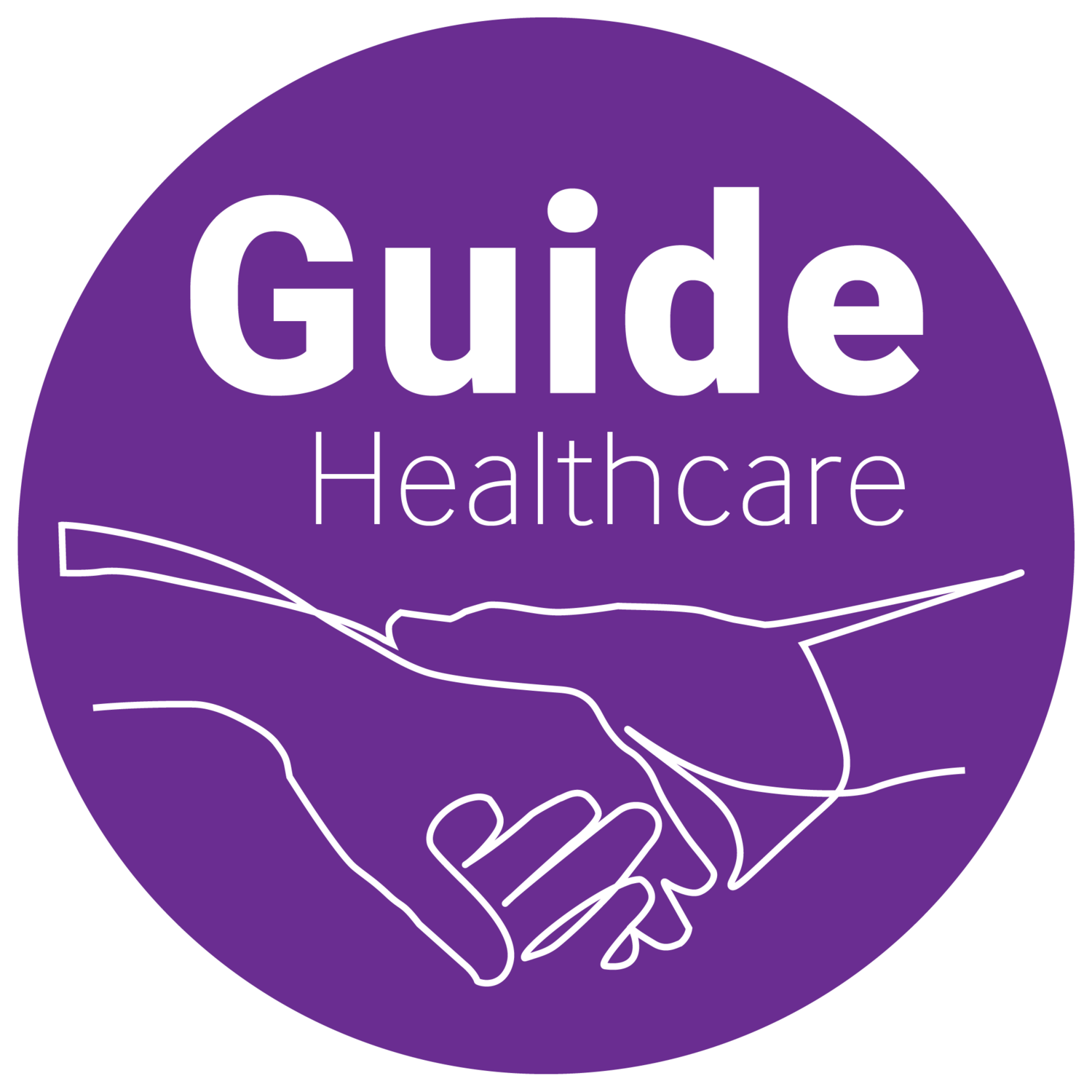When we assume: A lesson from Olive*
Written by Simon Kerrigan, February 4, 2020.
In life, we all make assumptions. These assumptions are often related to how we view or categorise other people. We then make decisions based on these assumptions which affect the way we interact and communicate.
In the aged care setting, I often seen these assumptions made with our residents who experience cognitive decline. But we’re all guilty of it from time to time, even with our most physically and cognitively able residents. Over the last couple of weeks, I learned a valuable lesson about the assumptions I make when working with my older clients.
Late last year I started working with Olive*. Olive is in her 60’s, and is a resident of one of our partner homes living with Huntington’s Disease. Huntington's is an inherited disease that causes the progressive breakdown of nerve cells in the brain. Huntington's disease has a broad impact on a person's functional abilities and usually results in movement, thinking and psychiatric disorders.
When I first met Olive, she was laying on her bed, her arms and legs constantly twitching and writhing. Her head swayed from left to right as her facial muscles pulled at her cheeks and forcibly blinked. Olive would verbalise noises, seemingly without meaning.
I mostly directed my questions towards Olive’s husband, Jim. I learned that Olive had been bed-bound for more than 7 months due to an acute illness and a subsequent deterioration in mobility. Although she loved to be outside, Jim was concerned about her ability to sit up in a wheelchair for prolonged periods and about her compromised immune system.
Over the following 6 weeks, I recognised that Olive actually had well-maintained muscle strength and was able to follow my instructions very well. What proceeded was progressing quite quickly from bed based exercises, to postural strengthening work, to STS practice and eventually to mobilising for more than 15 metres. Significantly for Olive and Jim, it gave them the ability to go for walks outside and to enjoy a meal sitting up at a table, among other things.
Strangely enough though, my worst assumptions weren’t made in relation to Olive’s physical capacity. Whilst I’m embarrassed to admit it, I initially presumed that Olive had a limited capacity to understand what was happening around her as well as a limited capacity to make decisions effecting her life and care. Boy, was I wrong.
We’re always taught as physio’s to ask our patients how they are experiencing or feeling about any intervention. It’s part of the ongoing process of informed consent and becomes second nature. So, whilst working with Olive I naturally began to ask questions such as, “is this ok” “would you like to keep going”. To my surprise Olive would respond with “I do, I do, I do” or “I am, I am, I am”. Slowly I began to realise that many of Olive’s idiosyncrasies of language were actually words.
From this point forward, it seemed necessary to explore Olive’s wants and desires. It provided a platform for Olive to make choices about what she would like to do in physiotherapy for that day. Of course, this is exactly what we should be doing with any patient/resident. Unfortunately for Olive, this choice had been seemingly taken away from her for a significant amount of time due to people’s assumptions, including mine.
Initially, I grappled painfully with the knowledge that Olive had a very sound understanding of her predicament – of course in part I still do. It seemed torturous that Olive could be trapped within a body and mind that was slowly deteriorating. Then about 7 weeks into our new rehabilitation program I came in to ask Olive if she’d like to go for a walk and to head outside. Almost immediately, Olive began to smile and laugh. It wasn’t a small gentle laugh, but a cackle that made everyone else around feel uplifted.
It was incredible to see someone who I almost pitied be so vibrant, beautiful and full of life. Through patience, optimism, active listening and an innate desire I got to know Olive, that’s exactly what I achieved. And it turns out she’s nothing like the person I assumed she was during my first visit 8 weeks ago. I believe the journey that I’ve taken with Olive will stay with me forever, and I’m extremely thankful to her for taking me on that journey.
*not her/his real name
